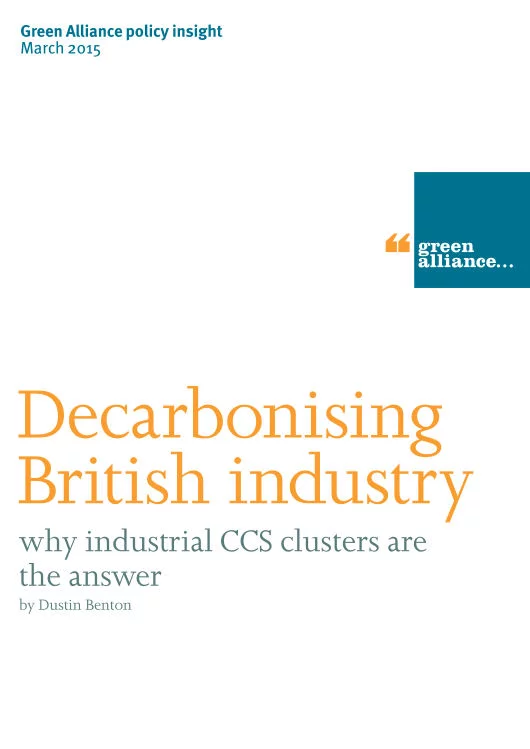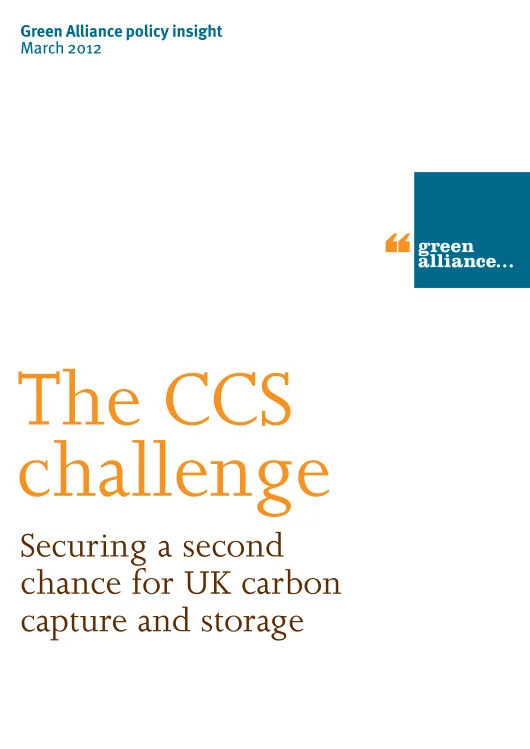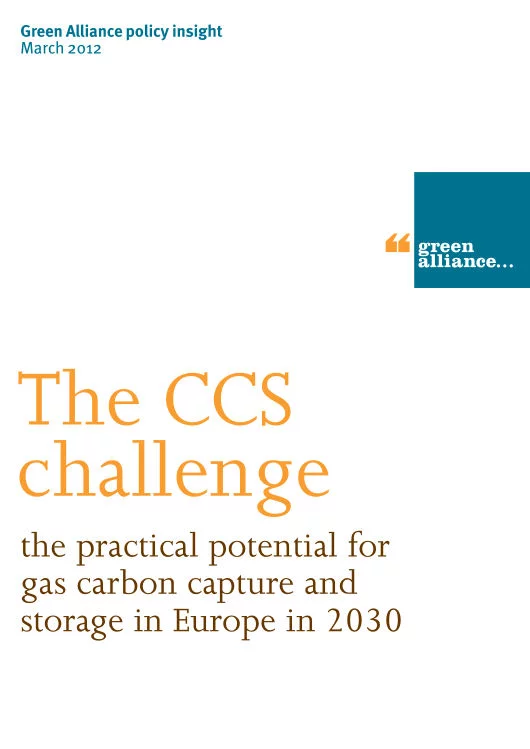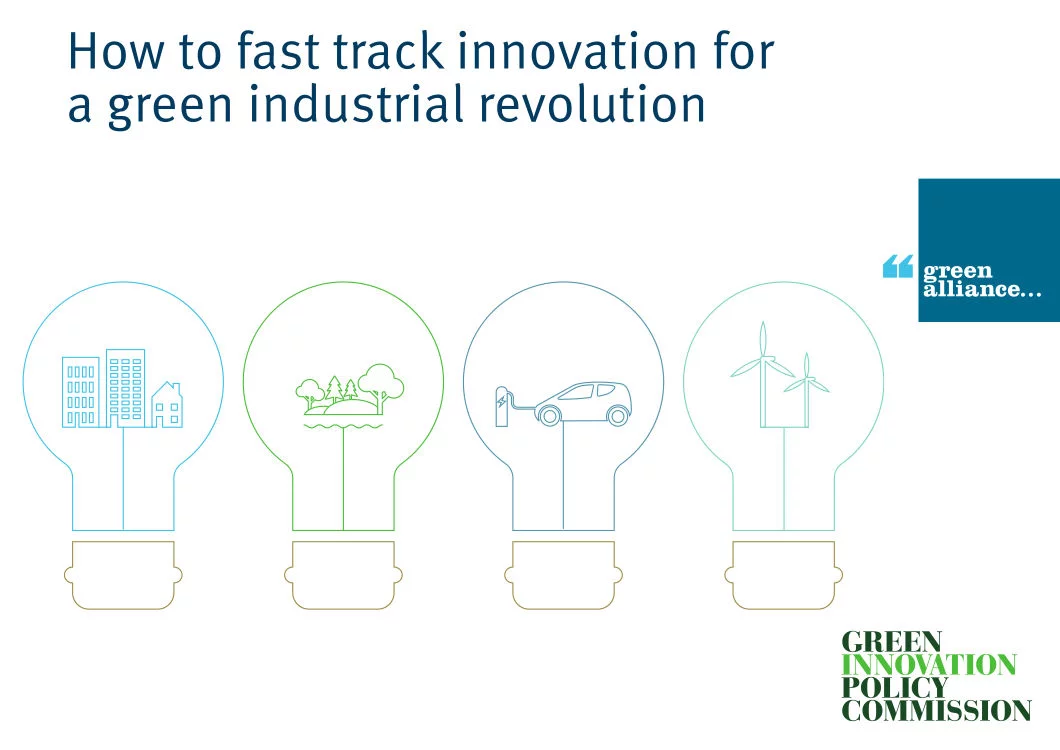Overview
Ensuring the UK’s industry is fit for a net zero economy is vital to both boost competitiveness, and secure and create long term jobs across the country. Industry is currently the third largest emitting sector in the country, behind transport and buildings.
To support industry to cut emissions, action is needed to expand carbon taxes to imported goods, scale up energy and resource efficiency, support electrification, and deliver deep decarbonisation technologies, such as hydrogen and carbon capture and storage.
Industrial electrification
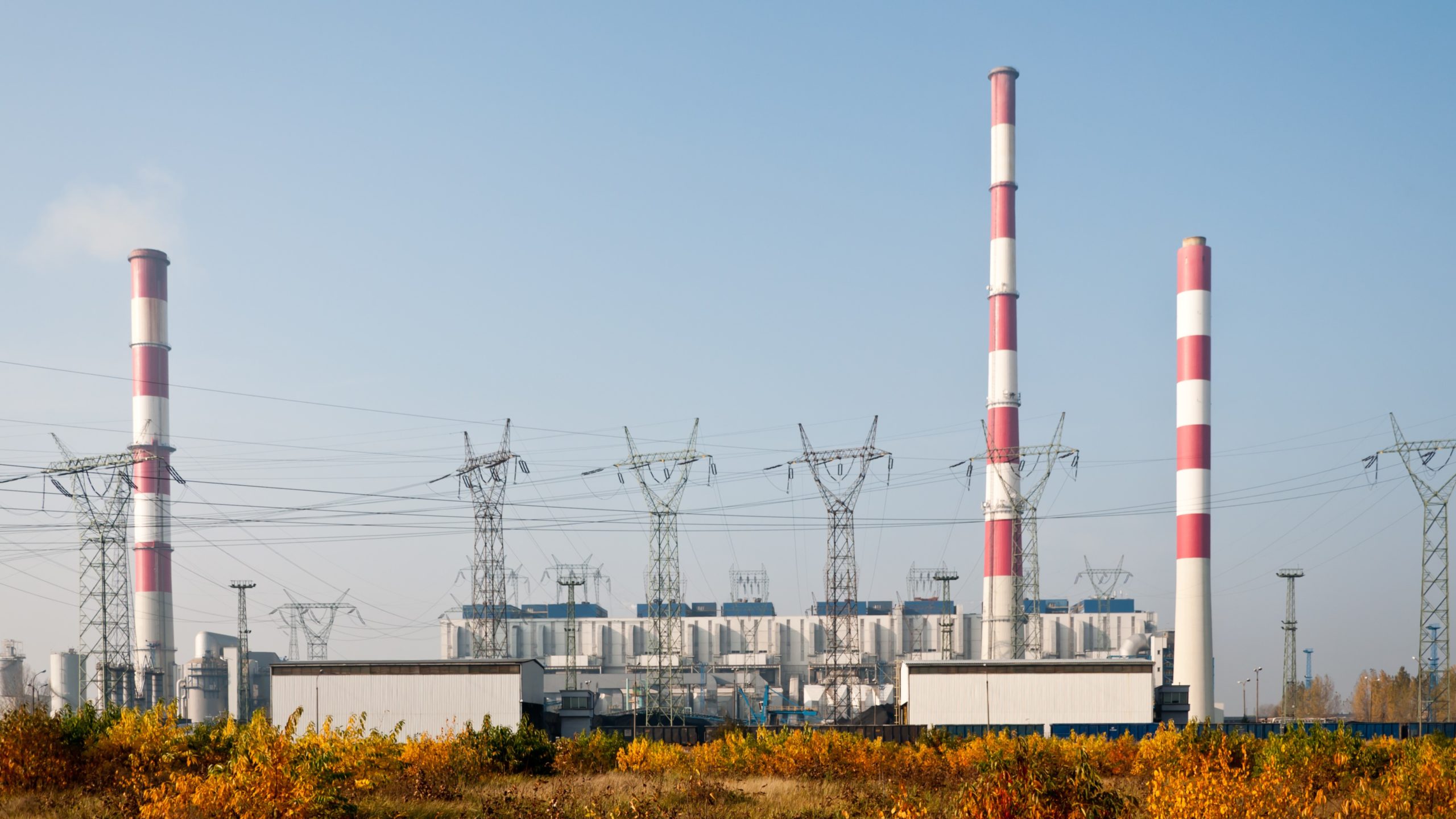
Electrification is more efficient and more widely accessible than carbon capture and storage (CCS) and clean hydrogen, but due to electricity costs and connection delays, it’s not currently appealing to industry.
We’re arguing for government to support industry to electrify as the first choice route to decarbonisation, through cheaper electricity and faster grid connections.
Read our work.
Clean steel
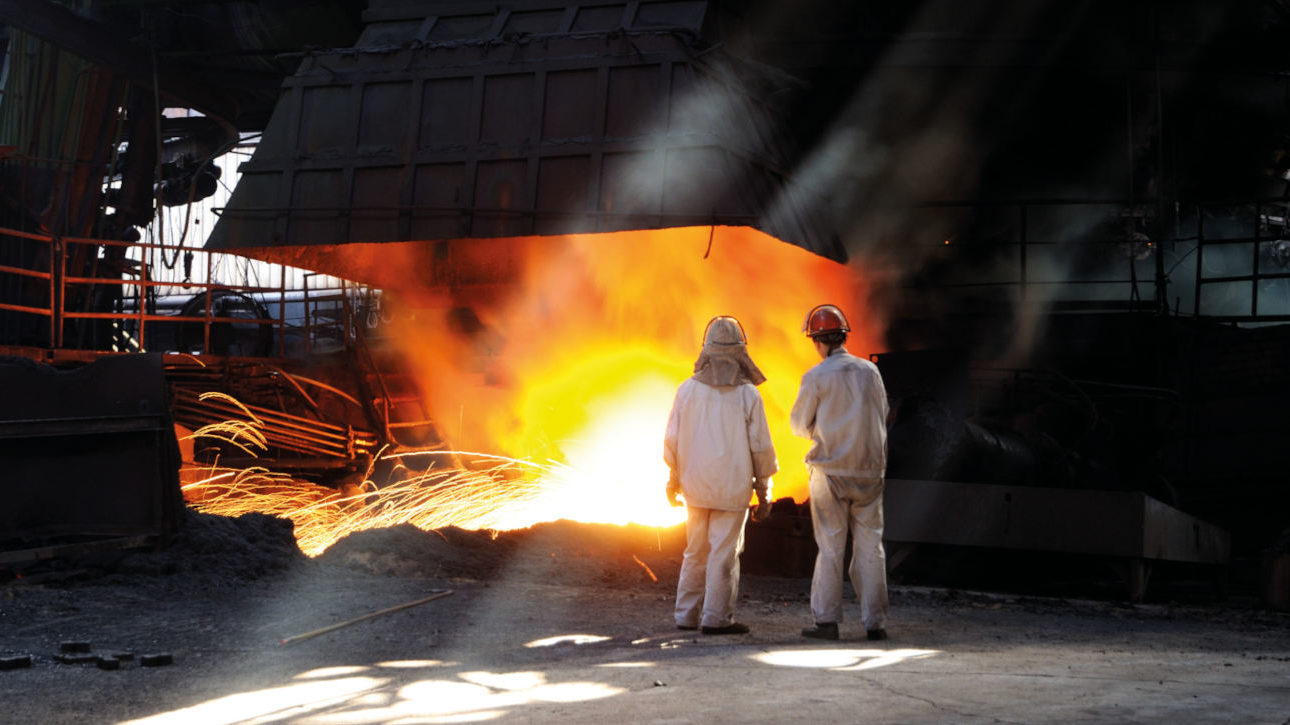
The UK’s steel industry is in the midst of a rapid transformation that should leave it cleaner, more resilient and better futureproofed. However, delivering on its full potential requires a range of measures to level the competitive playing field and encourage investment, as well as financial support. Workers and communities also need to be at the heart of decision-making.
We’ve been involved in discussions around the steel sector for five years and continue to work to ensure that decarbonisation and better use of UK resources go hand in hand with a thriving industry that provides good quality jobs.
Securing a just transition for industry
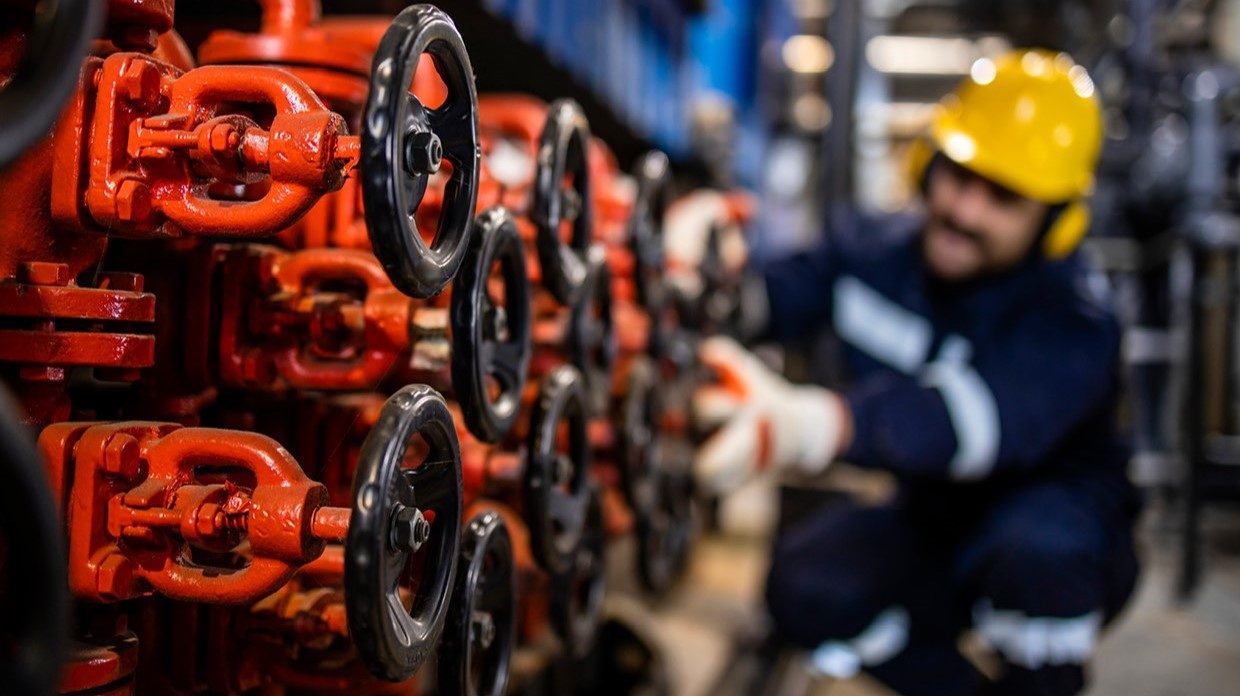
Decarbonising UK industry is vital, but how can this transition be managed in a way that supports workers, communities and businesses? Our research explores the challenges and opportunities, drawing on lessons from the Port Talbot steelworks and successful transitions in Germany and Sweden. We consider the role of early planning, worker involvement and supportive policies in shaping a fair and thriving low carbon future for UK industry that attracts investment.
Chemicals and net zero
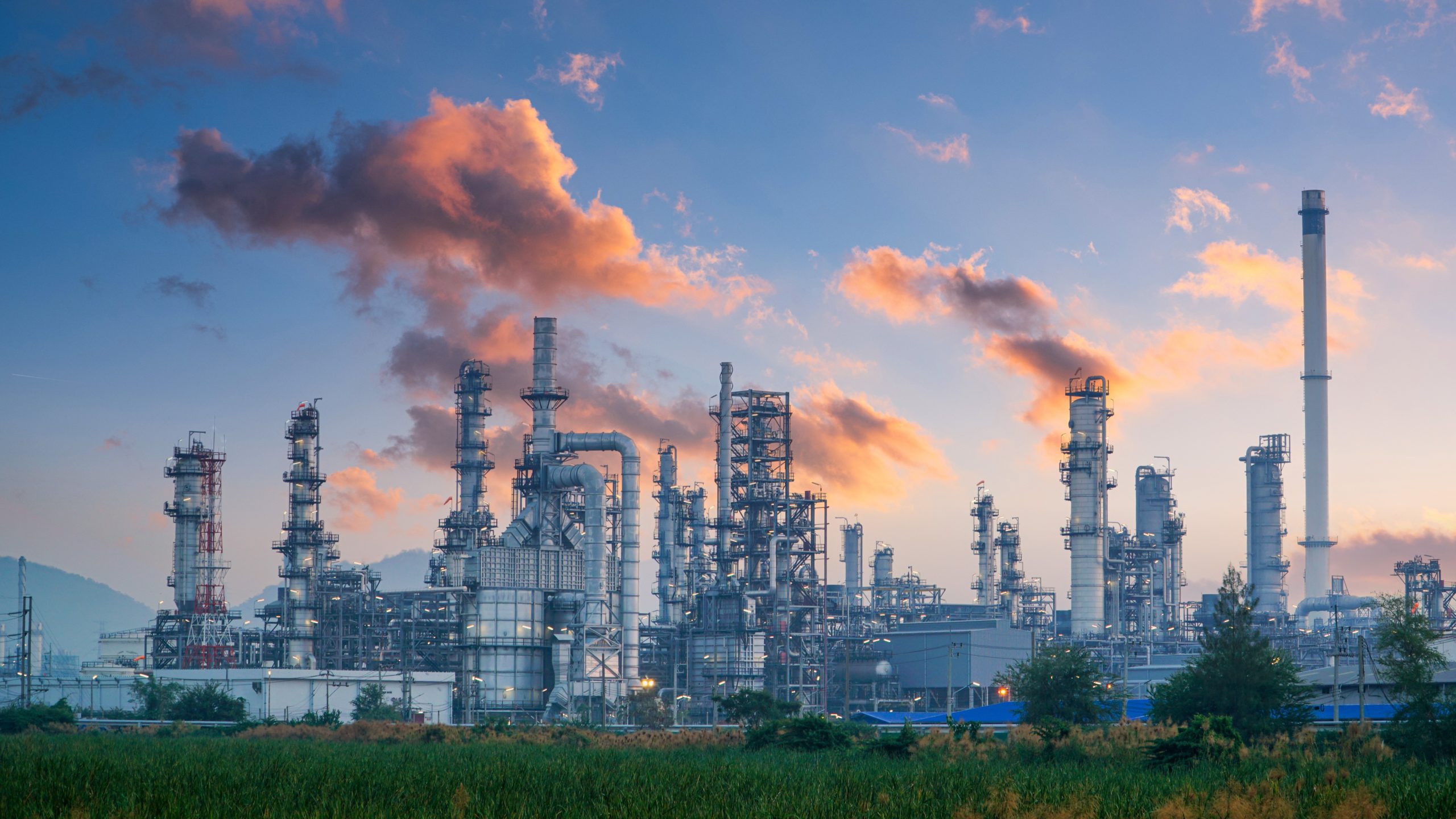
Most of modern life relies on the chemical industry and its products. From toothpaste to the fertiliser used to grow breakfast cereals, almost all the chemicals in these products come from fossil fuels and cause greenhouse gas emissions. So why has the chemical sector received such little attention in the climate debate?
Read more about our reports on chemicals and net zero below.
Greening the cement industry
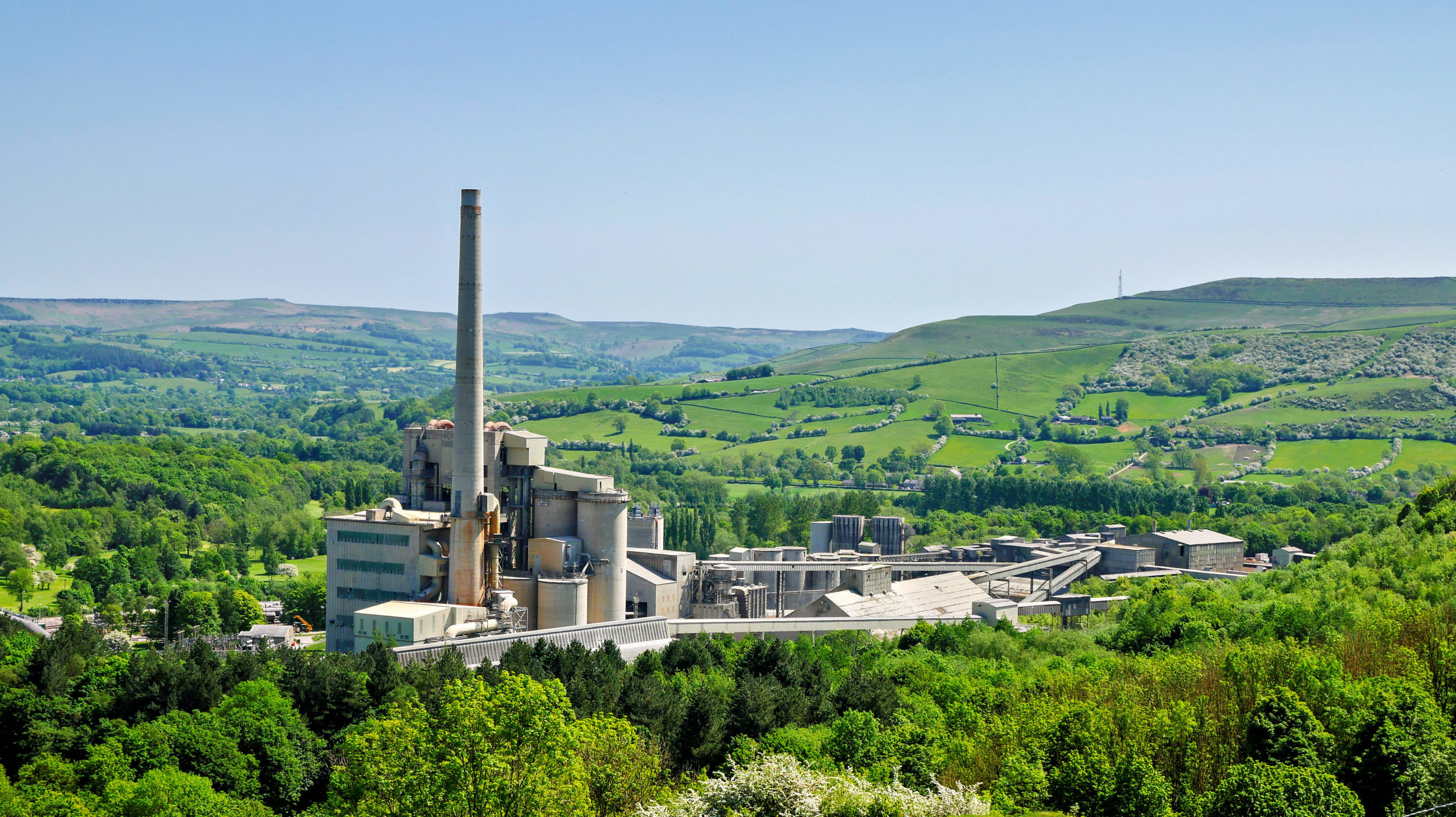
We need cement to build houses, railways, hospitals, roads, the list goes on. But our dependence on the material, coupled with our current carbon intensive ways of making it, means cement manufacturing is a difficult industry to decarbonise. Our work details the challenges and potential solutions around this issue.
Read more about the importance of cement and how to reduce the carbon dioxide emitted when we make it.
Carbon capture and storage
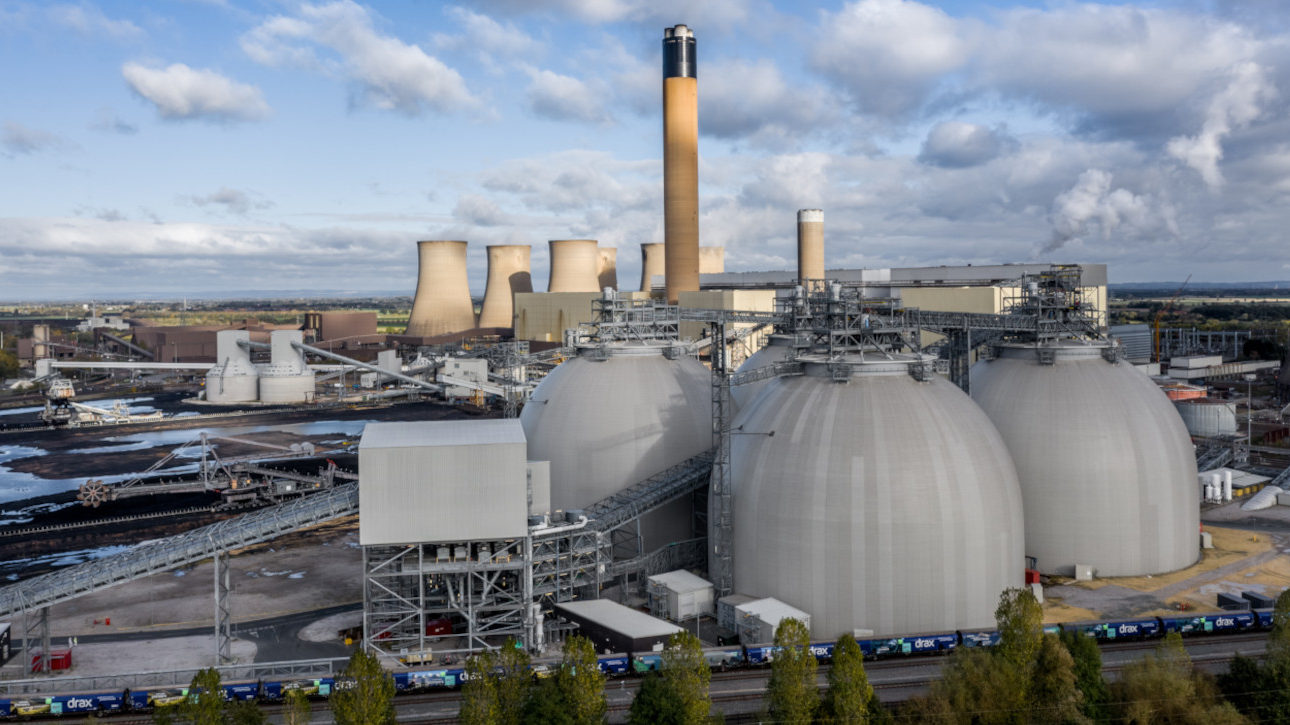
Carbon capture and storage (CCS) technologies extract carbon from the waste gases from industrial processes and the burning of fossil fuels, and then transport it and inject in underground for long term storage. Some industrial sectors are likely to need it, like cement and some aspects of the chemicals industry, and we will eventually need it to reach net negative emissions. But it cannot be used as an excuse for continued or expanded fossil fuel production. So how do you design policy that supports limited uses while not creating escape hatches for the oil and gas industry?
Read more about our work on CCS below.
Cutting emissions through resource efficiency
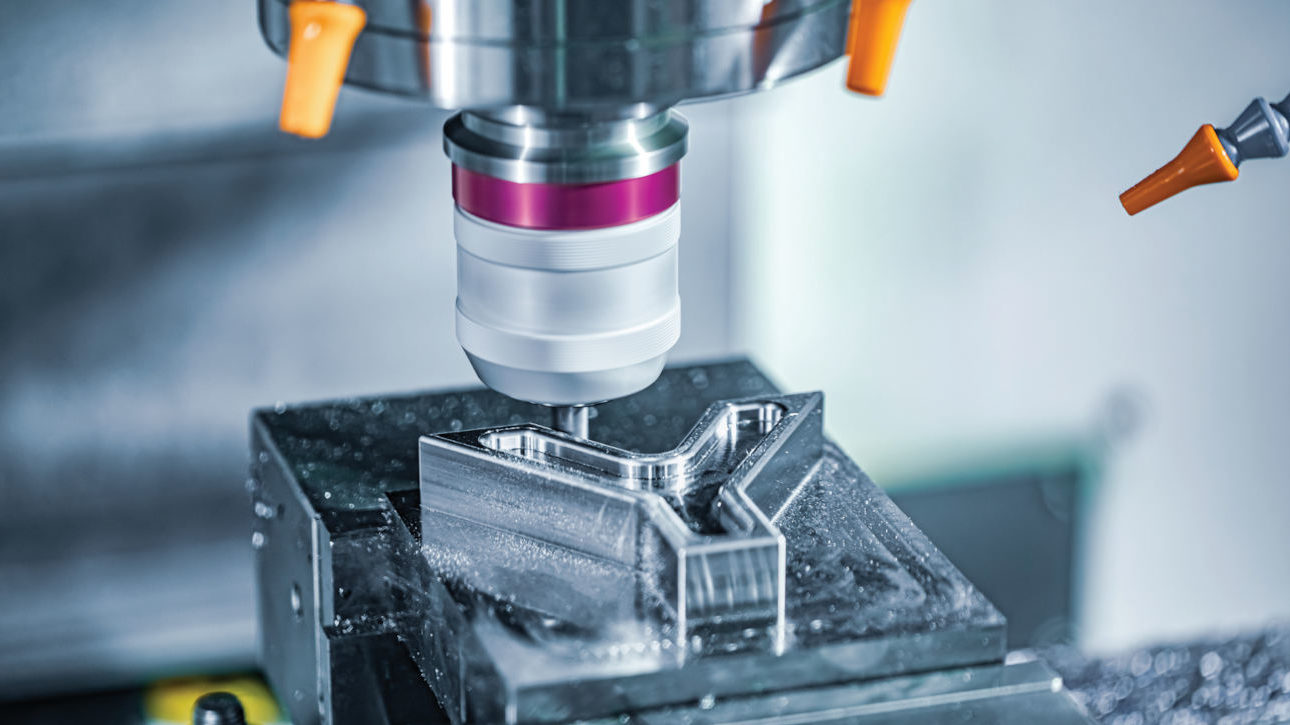
Better use of resources in manufacturing and construction can deliver significant emission savings. However, this is an area of policy that has been largely overlooked so far. Our work has highlighted sectors that should be prioritised to put the country on track for net zero as well as policy solutions to stimulate business investment.
Read more about our reports on resource efficiency below.
For more information about our work on resources, see our resources page.
